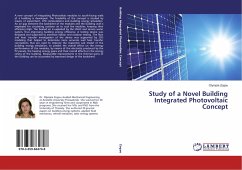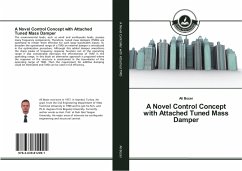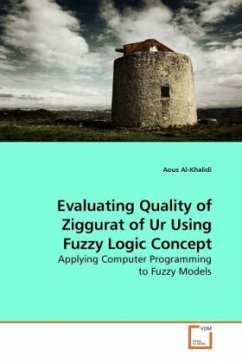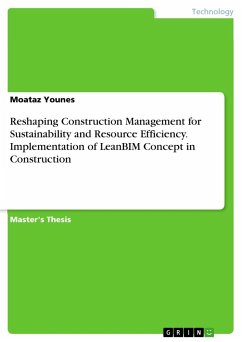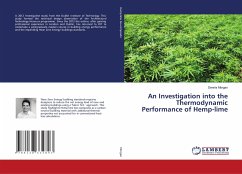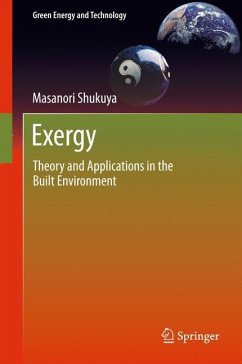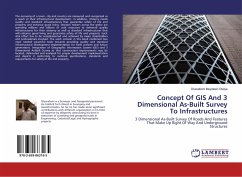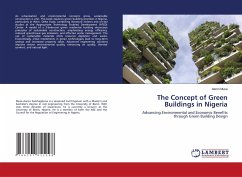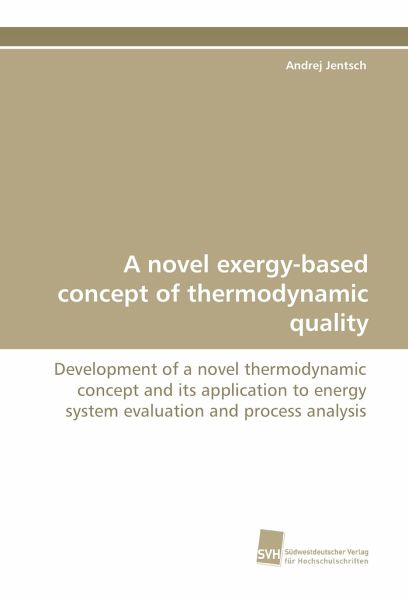
A novel exergy-based concept of thermodynamic quality
Development of a novel thermodynamic concept and its application to energy system evaluation and process analysis
Versandkostenfrei!
Versandfertig in 6-10 Tagen
53,99 €
inkl. MwSt.

PAYBACK Punkte
27 °P sammeln!
In this work a novel concept is developed that allows to interpret exergy associated with mass or energy transfers as a product of thermodynamic quality (transformability) and quantity (transformation energy). Based on this splitting of exergy into two novel properties an evaluation method is suggested that allows a transparent exergy-based comparison of different energy supply technologies. Additionally, a consistent structured procedure for the evaluation of energy supply systems for domestic heating and cooling is laid out that includes a comprehensive rule-based boundary definition and an ...
In this work a novel concept is developed that allows to interpret exergy associated with mass or energy transfers as a product of thermodynamic quality (transformability) and quantity (transformation energy). Based on this splitting of exergy into two novel properties an evaluation method is suggested that allows a transparent exergy-based comparison of different energy supply technologies. Additionally, a consistent structured procedure for the evaluation of energy supply systems for domestic heating and cooling is laid out that includes a comprehensive rule-based boundary definition and an exergy-based attribution of fuel to heat from combined heat and power processes. The developed method is exemplary applied to supply systems for domestic heating and cooling as well as used for the analysis of some basic thermodynamic processes and a vapor-compression cascade refrigeration machine. The dissertation concludes with a discussion of the advantages and disadvantages of the novel analysis and evaluation method in comparison to an exclusively exergetic evaluation and analysis.



